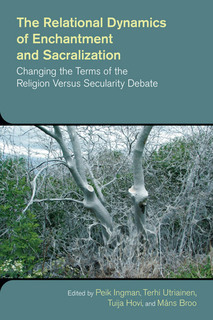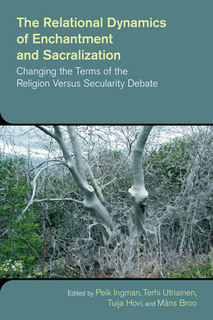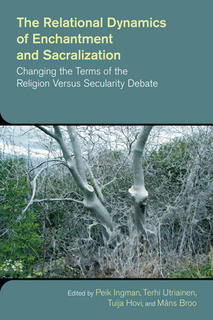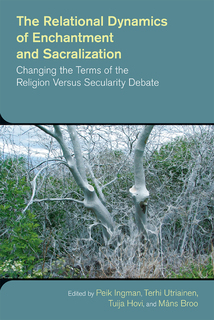LIBRARY COLLECTIONS
Complete CollectionNew Religious Movements
Theory & Method
ACCESS
Two electronic editions are available to authorized readers:
eBook from the Read Online tab (via institutional or personal credentials)
Interactive Edition by logging in (bottom of page) with password.
For assistance contact info@equinoxpub.com
Selected chapters are included in other Collections (AfroDiasporic & Indigenous, Christianity, South & East Asia); access via designated tabs.





